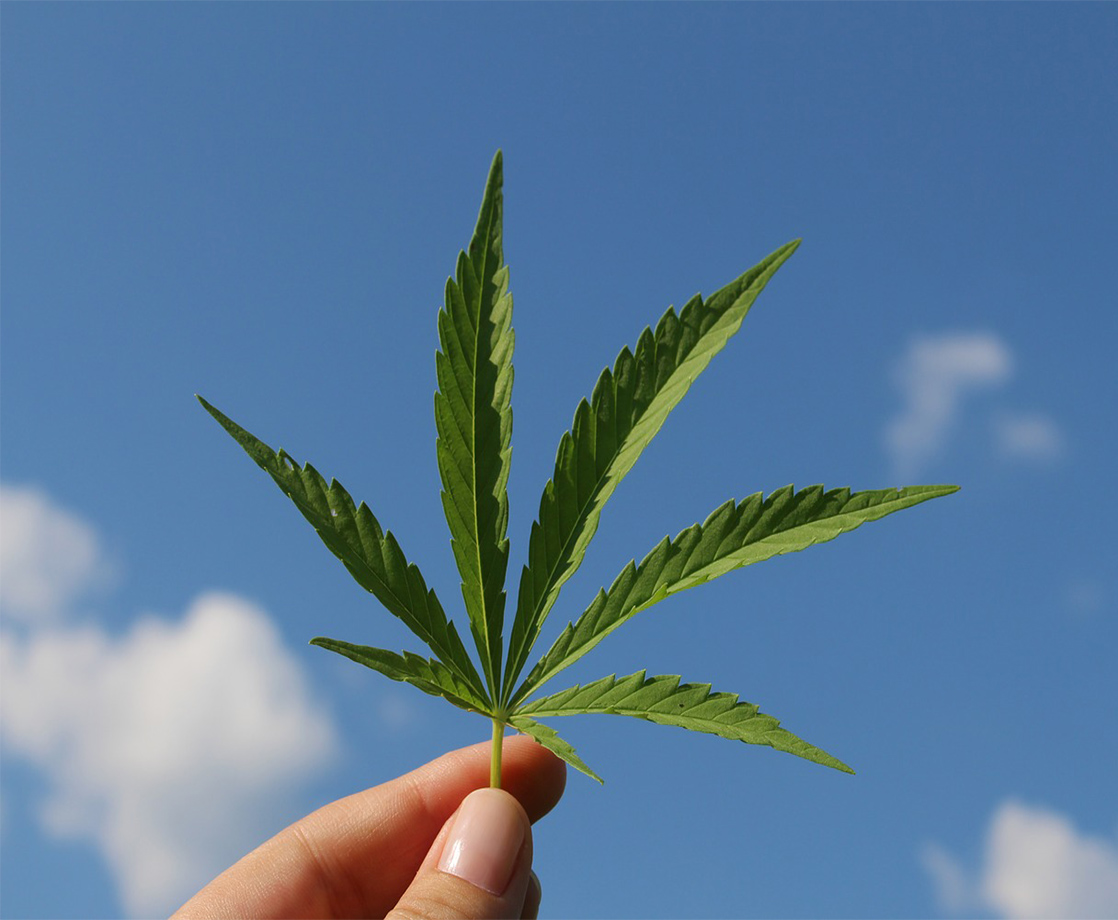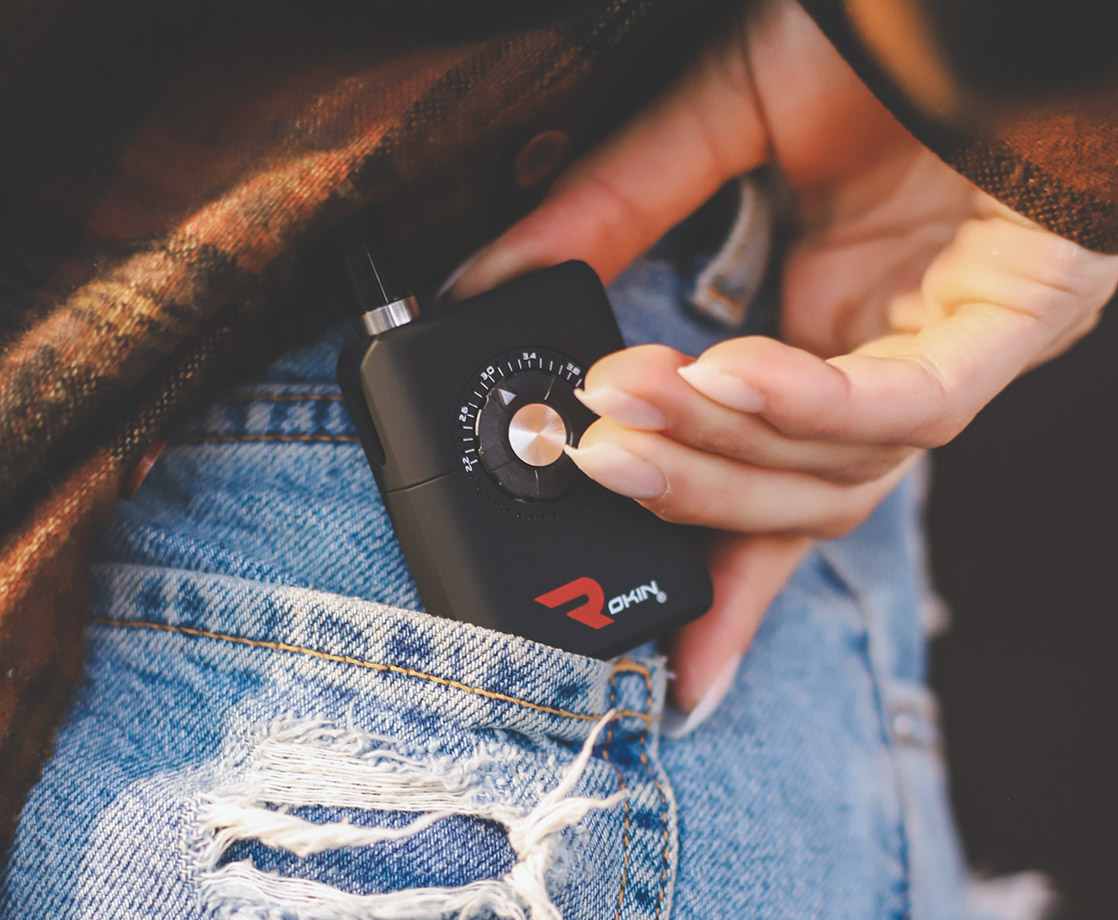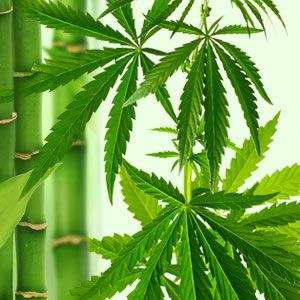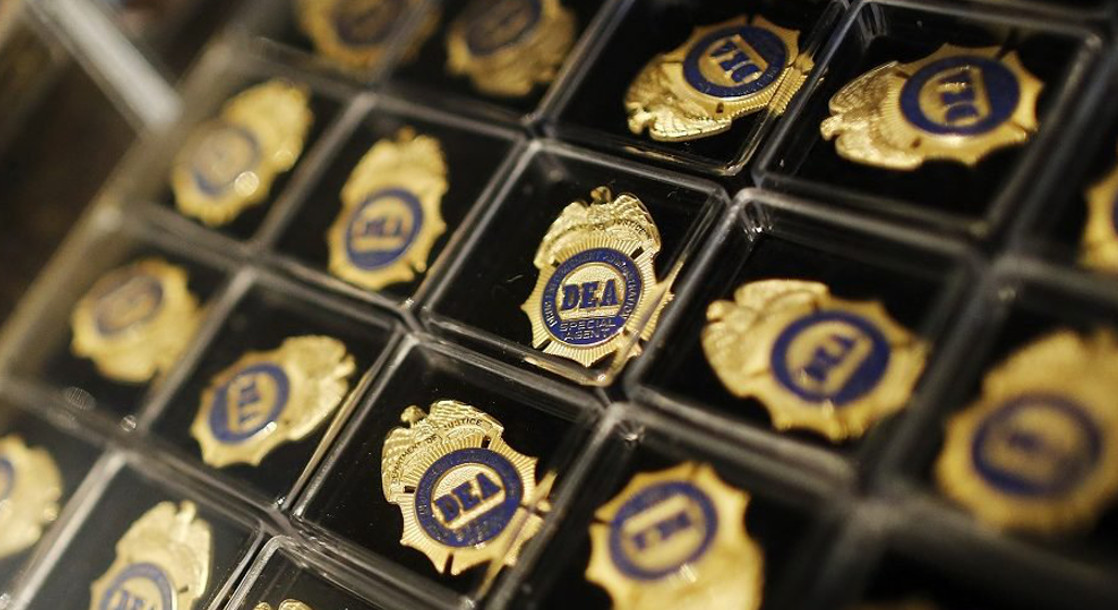Lead image via
In 2017, Colorado brothers Eric and Ryan Jensen were preparing to send a shipment of hemp to a company in California to be extracted into CBD oil. Since non-psychoactive hemp was legal in both states, the brothers contacted FedEx to transport their 350-pound load of plant matter. But instead of driving or flying directly to the Golden State from the Centennial State, the courier truck stopped at a sorting facility in Kansas, where the shipment was confiscated. The situation led to a slew of cannabis trafficking felony charges filed against the brothers — and they are still hanging in limbo today.
According to a pair of deep dives from Huffington Post and Food Safety News, Kansas prosecutors are convinced that the plant matter confiscated from the Jensen farm is full-strength cannabis and not low-potency hemp, but have refused to test the product in the two years they’ve held it. And if the greenery is eventually determined to be hemp, the Jensens say the product is now wasted after two years of poor storage.
“It is now worthless for its intended purpose, which is the extraction of CBD oil,” Eric Jensen’s attorney, Van Hampton, told HuffPost. “It was being shipped to California for extraction of CBD when the FedEx truck traveled east to Kansas instead of west to California and the 350-pound shipment was seized… The deterioration resulting from the two years of careless storage has ruined the value.”
To complicate matters even further, the 2018 Farm Bill — which legalized the cultivation and transportation of industrial hemp — passed in the middle of the Jensens’ legal ordeal, removing any criminal aspect from the case if the product is eventually found to contain less than 0.3% THC. Unfortunately, the only lab capable of differentiating between cannabis and hemp in the state, owned by the Kansas Department of Agriculture, has refused to take part in a criminal trial.
Gallery — Feel-Good CBD Memes You Can’t Get High On:
Since the Farm Bill passed last year, a number of states have run into difficulties distinguishing hemp from its full-strength cousin, leaving prosecutors in states like Florida and Texas with their hands tied. Simultaneously, the confusion has led to potential new sectors in the drug testing industry. But while most reforms have increased leeway for citizens caught with cannabis-like substances, hemp legality has not benefited the Jensens.
As of publishing, Kansas prosecutors have failed at their attempts to extradite Eric Jensen (the same papers were not filed for Ryan) and have refused the brothers’ requests to send samples of the confiscated material out of state for testing. And so more than two years after their plants were confiscated, and more than six months after criminal charges were filed, the two sides remain at a stalemate. Throughout the entire process, the Jensens have been adamant that their product is hemp, and not marijuana.
As hemp continues to gain global popularity, farmers across the nation are turning their land into lush green plots of the industrial wonderplant at incredible rates. But no matter how much profit there is in CBD oils and other hemp extracts, the recent shifts in both industrial hemp and cannabis law are still causing unforeseen headaches. One thing for sure is clear, though: The industry will require more federal oversight before hemp can join cash crops like corn and soy as just another boring agricultural endeavor.
Follow Zach Harris on Twitter











